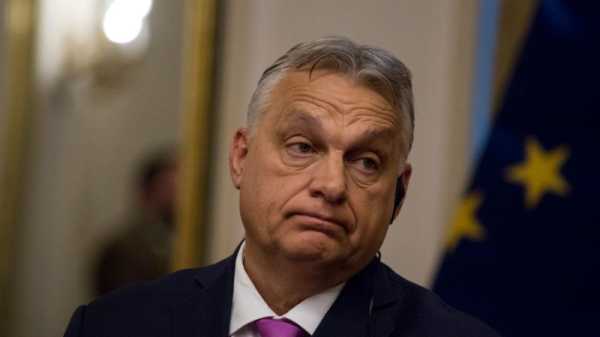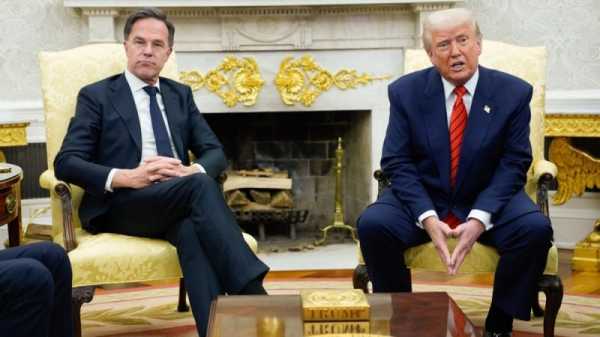
The European Commission allowed Poland to renegotiate the agreement with Pfizer on the deliveries of COVID-19 vaccines, a groundbreaking step amid long-time resistance of the EU executive to permit member states from requesting to change the conditions of the EU-concluded deal.
Until now, the Commission was not open to the possibility of member states renegotiating deals regarding the conditions of producers delivering vaccines. Since the EU forged the agreements on behalf of all the states, only Brussels is entitled to talk with the producers to change them.
Health Minister Adam Niedzielski discussed the relaxing of the conditions of vaccine contracts with Pierre Delsaux, head of the EU Health Emergency Preparedness and Response Authority (HERA). “We were assured that they (HERA) understand Poland’s position and our extraordinary situation that influences our implementation of the agreements for the purchase of the COVID-19 vaccines,” he said, as quoted by Dziennik Gazeta Prawna.
One of the reasons why Poland wants to negotiate new conditions for deliveries is financial issues, according to the DGP. Until 2023, the vaccines were financed from the state budget. Now, it is the National Health Fund (NFZ) that pays. NFZ lacks over 10 billion zlotys (€2.14 billion) for that purpose, and, for some legal reasons, the costs cannot be covered from its reserve fund.
However, the main reason cited by Poland for the need to renegotiate the agreement with Pfizer was receiving millions of refugees fleeing the war in Ukraine. Poland accepted more Ukrainian refugees than any other member state, with about 10.1 million people crossing the Ukrainian-Polish border since 24 February 2022 (most of whom have since returned to Ukraine).
Since last year, the Polish government has attempted to change the deal’s conditions with Pfizer.
Poland invoked the Force Majeure clause in the contract with Pfizer, which the country “has no rationale” to claim, a European Commission official told Reuters in May 2022. The official said that the war in Ukraine did nothing to change Poland’s vaccination needs, “if anything, it now needs to vaccinate refugees.”
In April, a spokesman for the EU executive told journalists that member states were bound by contractual obligations, but Brussels was trying to facilitate a “pragmatic solution.” The change of position and the decision to let an individual member state negotiate with the producer on its own is a “groundbreaking” step, according to DGP.
Amid the lowering interest in vaccinations against COVID-19, also other countries lose their temper, reports DGP. Estonia, Slovakia and Czechia are among the countries with large vaccine reserves and want to avoid paying for further large deliveries.
The Commission is talking with the vaccine companies about adjusting the deliveries to the needs of the member states. It is not yet known when the parties will agree, an EU source told DGP, adding that one reason for the delay is that the Commission is waiting for the results of Poland’s talks with Pfizer.
(Aleksandra Krzysztoszek | EURACTIV.pl)
Source: euractiv.com



